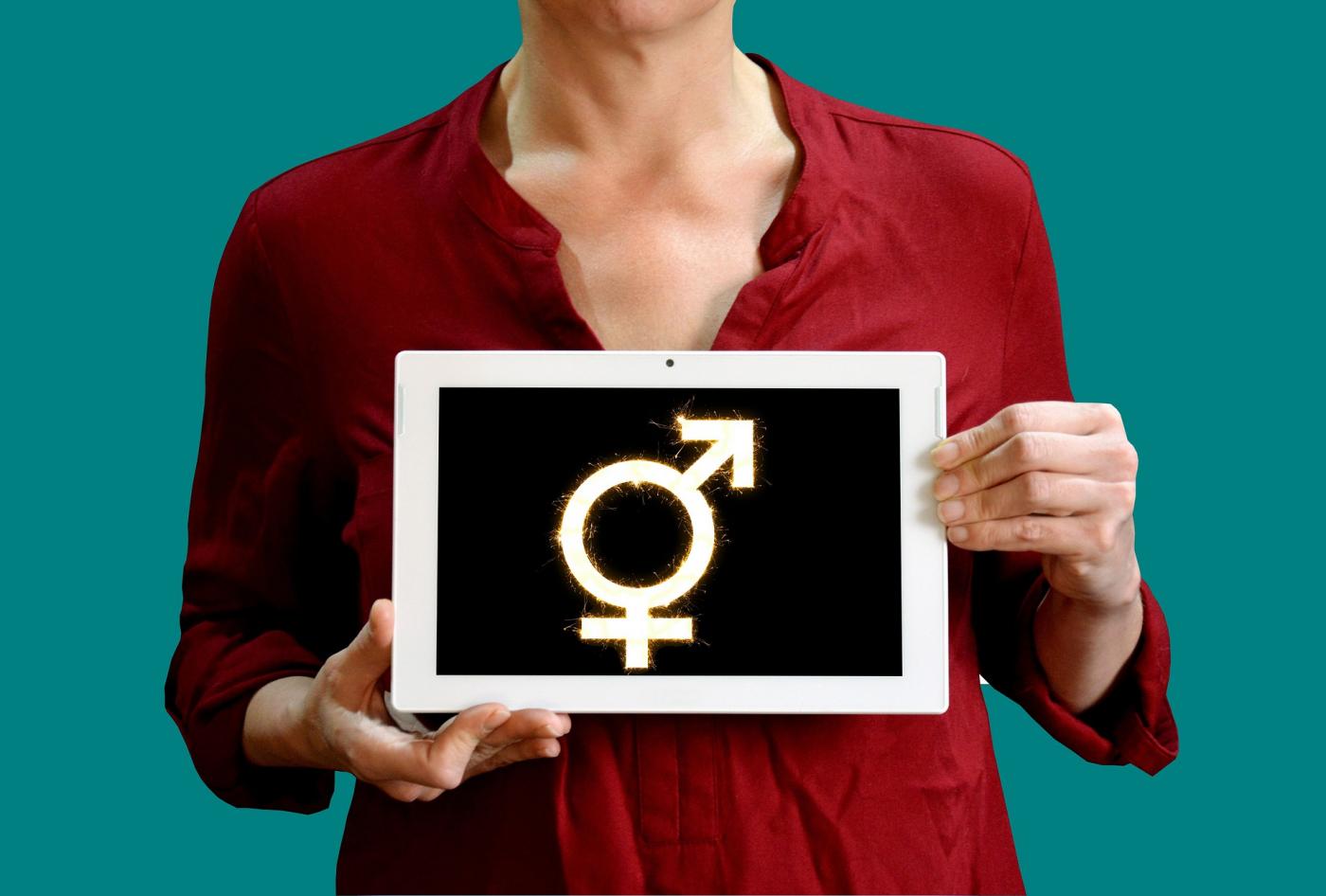University Council calls for gender-inclusive language

Some people prefer to be addressed by the pronoun "they" instead of "he" or "she". Others substitute "ladies and gentlemen" with something neutral such as "dear students". Inclusive language is becoming more and more prominent in society and, of course, at the university.
However, many members of the University Council find that things aren’t progressing fast enough. In a memo (only accessible with Solis ID), they urge the Executive Board to promote the use of gender-neutral and gender-inclusive language.
The memo says that UU is a driving force and a role model for Dutch society, so it should take “the next step towards an inclusive and safe work and study environment.”
Style guide
The university does have a style guide, available on the Intranet. The document contains examples of inclusive language, showing readers how to write in a way that doesn't make anybody feel excluded. According to the members of the UU Council, the guide isn't being used properly because many employees are not familiar with it and the students can’t access the Intranet.
The style guide recommends using as many neutral words as possible, like "colleague", "user" and "resident". When mentioning certain occupations, make sure not to assume they're a man: instead of "fireman", say "firefighter", for example.
The council members postulate that all web texts, regulations, and vacancies should follow the style guide. Vacancy texts should also explicitly mention "(m/f/x)".
Encouraging
The council members don’t want to go as far as to demand that all syllabi and course descriptions should be written in gender-neutral language. “These course descriptions are used by teachers for internal use as part of a course. It is not our intention to require the use of inclusive language in this type of text”.
However, they do want the Executive Board to encourage all students and teachers to use the style guide. The first step would be to ensure the guide is accessible to students, too. Afterwards, the university should mention it in its newsletters and social media channels. Managers can also bring up the topic when having meetings with the teachers.
Nevertheless, students who use inclusive language in their work should not get a worse grade because of it. According to the authors of the memo, this has happened to several students.
Course guidelines often state that essays should be written in correct Dutch or English. Some teachers are said to struggle with the pronoun "they" when accompanied by a verb in the singular form. In Dutch, "hen" was originally only used as a plural form.
Workloads
In a meeting with a committee from the University Council, rector Henk Kummeling voiced his appreciation of the memo. He said that the Executive Board is currently working on a policy memo that will meet many of the memo's demands.
The rector also stated that the board is working on a number of other measures. For example, when creating and adjusting regulations, they should always check whether the language used meets the requirements set by the style guide. A handbook to help staff members write inclusive vacancy texts is underway.
However, Kummeling asked the members of the University Council to understand that it’s impossible to screen and adjust all the existing web texts, at least not in the short term. Staff members already have a lot on their plates, the workload is high. “It will take some time, but it will happen. The message is clear and the Executive Board want to lead by example.”
The rector did not talk about gender-neutral and gender-inclusive language in education, but the council members say they are satisfied with his assurances for now.